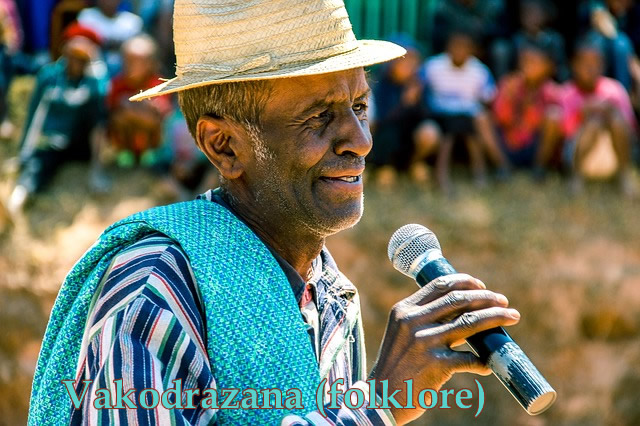Madagascar is an island of opportunity, whether to invest, to work, or even to retire. As a result, many immigrants from Europe, Asia, or even Africa, have chosen to expatriate to the Big Island.
Among the files to be provided for a long-stay visa application, one can cite the declaration on honour, the content of which is “I commit myself to respecting the laws in force and good morals and to behaving loyally in community life in Madagascar”. But what are Malagasy morals?

Madagascar: rich in morals
Madagascar is first and foremost a state governed by the rule of law, with its own customs and mores. Community life is of great importance to the Malagasy people.
Much more than a simple attestation on a piece of paper, this declaration on your honour affirms your good faith and your acceptance to adapt to the local way of life, and to respect Malagasy customs and habits.
As in all other countries, good manners are essential for the Malagasy, namely: courtesy, politeness, decent behaviour and self-control, particularly in public and especially in sacred places (churches, historical monuments…). Customs differ from one region to another. It is therefore necessary to be aware of the plurality of ethnic groups in Madagascar.
Madagascar and its ethnic groups
Madagascar has 18 ethnic groups, each with its own taboos, traditions and customs to respect.
Historically, geographical areas determine the identity of each ethnic group, but over time, immigration leads to cohabitation. Mutual respect for the customs of each ethnic group ensures peace within the community.
Among the 18 ethnic groups are the Merina, whose dialect is the basis of the official Malagasy language. Well known for their unique musical style of “vakodrazana” (folklore) and their traditional dress, they represent the population of the capital. There are also the Sakalava on the west coast of the island, a tribe still very attached to ancestral traditions. Different from their dialect, they are also very well known for their traditional dress which is the “lambahoany”. In short, from one tribe to another you can discover a thousand and one traditions, cultures and customs that symbolize the big island.
A piece of advice, so that your stays in Madagascar take place in the best conditions, it is important to inform yourself beforehand about the customs and morals in force, and especially to use common sense to avoid making false steps.
In short! Just for the richness of its natural resources, its welcoming population, Madagascar abounds in culture and interesting activities that will allow you to integrate easily. So don’t be shy! Don’t be shy, participate in local cultural events, travel to the best destinations in the country, visit historical monuments and welcome to Madagascar!
In any case, do not hesitate to contact us. The team of Madagascar-Services remains available for a successful accompaniment in the application for a residence visa.
